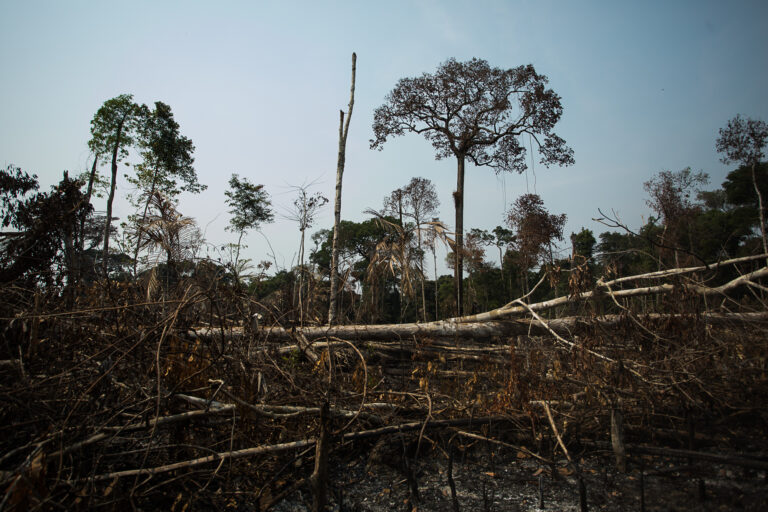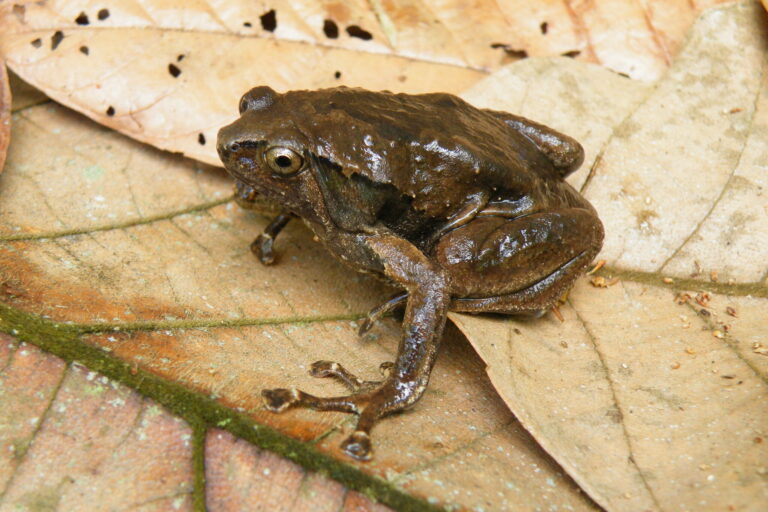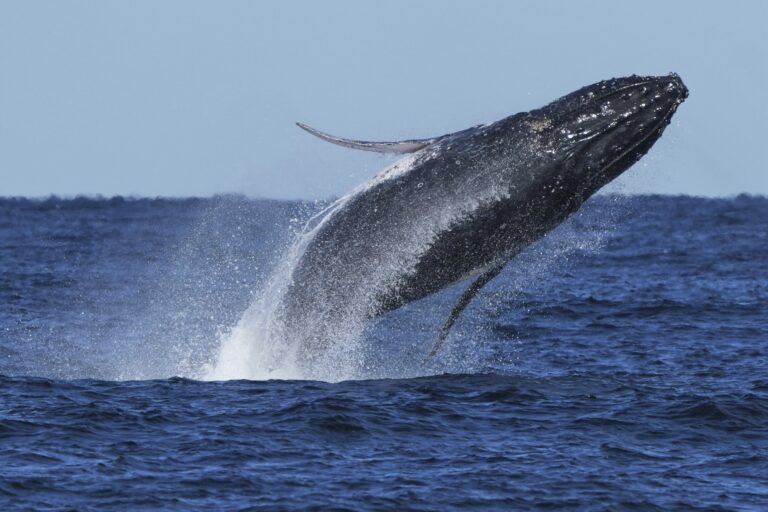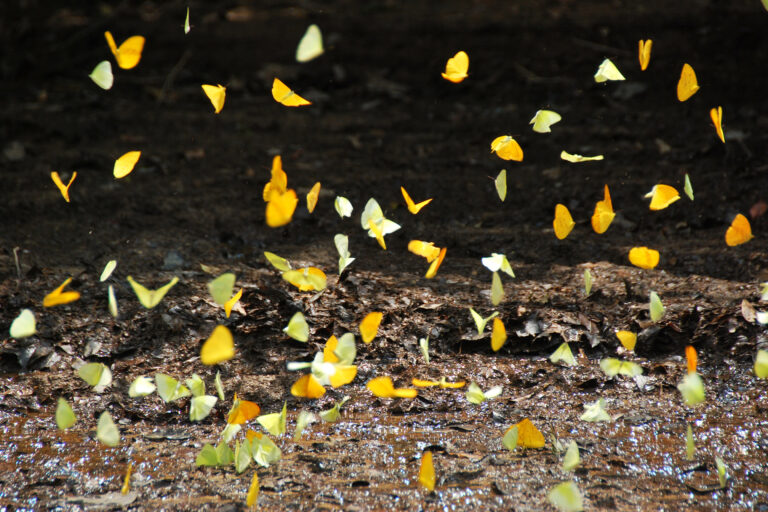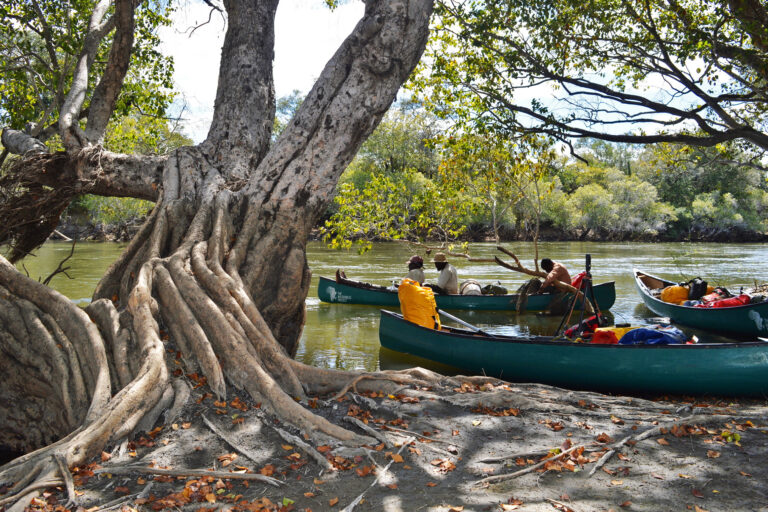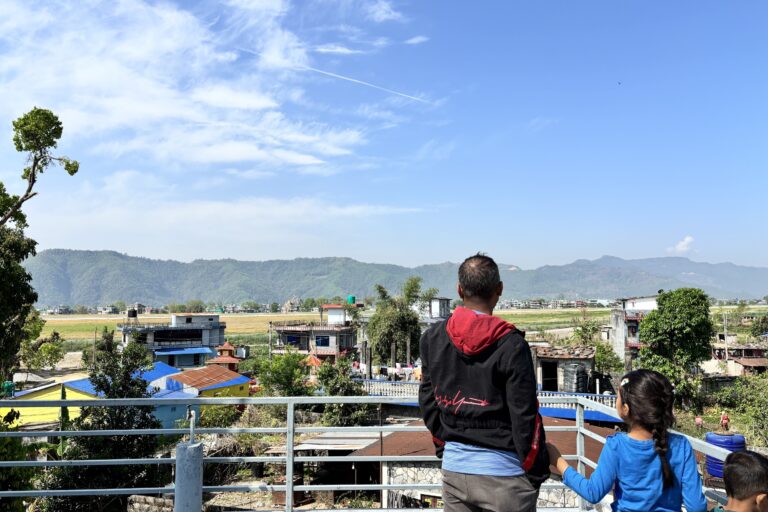
Destruction of carbon-dense peatland for an oil palm plantation in Central Kalimantan, Indonesian Borneo. Photo by Rhett A. Butler.
Greenpeace director John Sauven was today denied entry into Indonesia despite obtaining a business visa two weeks ago, reports Greenpeace.
Upon arrival at Jakarta’s Soekarno-Hatta international airport, Sauven was blocked by immigration officials from entering the country. Greenpeace says Sauven had planned to convene with his team in Jakarta, travel to the island of Sumatra, and meet with officials and Indonesian businesses at a forestry conference.
“We’ve been given no official explanation why John was refused entry, but it’s the latest in a series of challenges to our Indonesian team, at the same time that we’ve increased our campaign pressure against the notorious pulp and paper company Asia Pulp and Paper,” wrote Greenpeace in a blog post.
“Over the past few months, there have been a number of attempts to undermine our work in Indonesia to halt the country’s spiraling deforestation rates. Accusations have made about the legal status of our Indonesian office and the source of its funding, none of which hold any water, while small demonstrations have also been organized outside our office in Jakarta. It has been challenging for Greenpeace staff and volunteers there to say the least.”
Gonjang Raharjo, a spokesman for the Indonesian ministry of justice and human rights, told the Financial Times, Sauven was not welcome in Indonesia.
“Even if he had a visa, he was informed not to come to Indonesia. He has cornered the Indonesian government several times, portraying it in a negative light through bad campaigns,” he said.
However an official close to Indonesian President Susilo Bambang Yudhoyono told mongabay.com that “Indonesia has to engage NGOs and not treat them as the enemy.”
Indonesia has one of the highest deforestation rates in the world. Most forest destruction is driven by logging and plantation forestry, especially for palm oil and pulp and paper production.
Indonesian President Susilo Bambang Yudhoyono has recently launched initiatives to curb deforestation, but has faced stiff opposition from interests in the forestry sector, which remain influential despite their shrinking role in the national economy. Roughly 80 percent of Indonesia’s greenhouse gas emissions result from sectors that account for less than 6 percent of GDP.
Related articles







